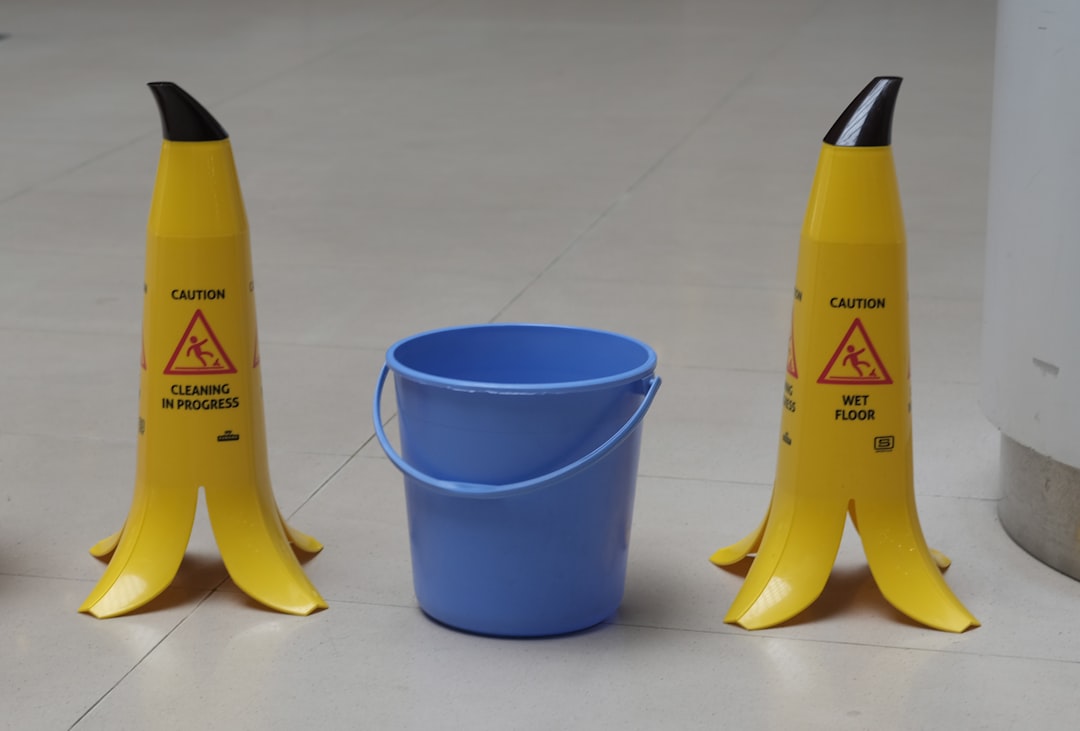Everyone learns differently, and that’s why there are various approaches to learning. Some learn visually, while some learn by doing. Kolb experiential learning is an approach that emphasizes learning by experience. It’s based on the learning cycle theory developed by David A. Kolb, a renowned educational theorist.
Kolb’s experiential learning theory suggests that learning occurs in a cycle of four stages: experiencing, reflecting, thinking, and acting. In other words, we learn from our experiences, reflect on them, think about what we’ve learned, and apply that knowledge in the future.
Experiencing is the first stage in the Kolb cycle, where you directly immerse yourself in a new experience. It could be anything from traveling to a foreign country or starting a new job. Reflection is the second stage, where you reflect on the experience and think about what you learned. This is followed by thinking, where you form new ideas and concepts based on your reflection. Lastly, the acting stage takes place, where you decide how to use this newfound knowledge in real-life situations.
Kolb experiential learning is beneficial because it promotes active learning. Instead of simply listening to facts or reading about something, you’re applying the knowledge to real-life situations. This helps you develop a deep understanding of concepts and theories. Experiential learning is also less passive and more engaging, making the overall learning experience much more enjoyable and fulfilling.
Another advantage of Kolb experiential learning is that it’s inclusive of various learning styles. You can learn through experience and reflection in your own way, whether you’re a visual, auditory, or kinesthetic learner. No one way of learning is better than another – they are all valuable. Kolb’s learning cycle allows for different learning styles, making it accessible to everyone.
Kolb experiential learning is effective in many different fields. It’s used primarily in education and training but has been implemented in business, healthcare, and even the arts. In education, it can be used as a tool for teachers to engage their students and promote active learning. In business, experiential learning can be used for a team-building exercise or for on-the-job training. In healthcare, it can be used to simulate realistic scenarios to train healthcare professionals.
Kolb experiential learning is a valuable approach to learning. It promotes active and engaging learning by incorporating different learning styles. You can learn effectively by learning through experience, reflection, thinking, and acting. It’s used in various fields from education to healthcare and in many different settings. Give it a try, and you’ll see the benefits of this approach to learning.











